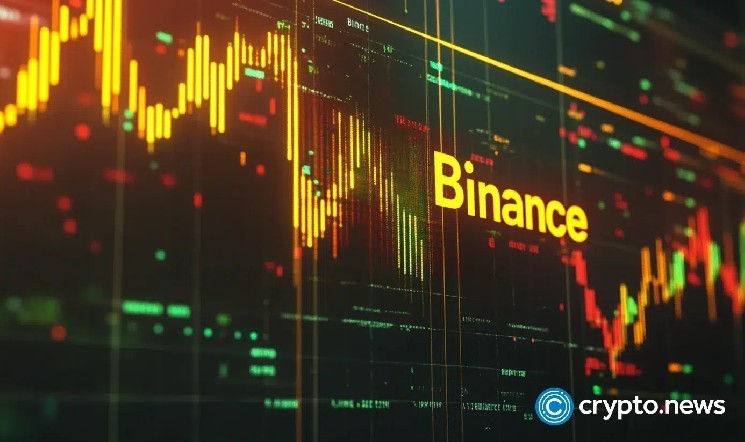Binance has been requested to tighten its threat and compliance requirements following an on-site inspection by the French Prudential Supervision and Insolvency Authority.
abstract
- French authorities are finishing up in depth compliance checks on Binance, Coinhouse and different registered crypto platforms to evaluate their anti-money laundering and anti-terrorist financing practices.
- The scrutiny provides to Binance’s lengthy historical past of regulatory challenges, together with earlier investigations within the US and Australia over AML violations.
In keeping with a latest report from Bloomberg, French authorities have been conducting administrative inspections of Binance and dozens of different exchanges since late final yr.
The initiative was undertaken to find out which digital foreign money platforms registered to supply digital foreign money companies within the nation could also be granted European Union-wide permission within the coming months.
Compliance checks embody an evaluation of anti-money laundering and anti-terrorist financing requirements applied on the platforms of tons of of crypto asset service suppliers in European international locations.
French supervisory authority Prudentiel Regulator is inspecting native operations to make sure compliance with the Registration Framework for Digital Asset Service Suppliers, often called PSAN.
Binance and Coinhouse are among the many corporations being reviewed by French authorities, the individuals stated. On account of the investigation, regulators have reportedly ordered the world’s largest cryptocurrency alternate to strengthen compliance and threat administration.
You might also like: Binance faces obligatory audit in Australia as a consequence of compliance considerations
Requested about inspections, Binance instructed Bloomberg that periodic inspections are “an ordinary a part of the oversight of regulated entities.” In the meantime, ACPR and Coinhouse declined to touch upon the evaluate.
The inspection of crypto platforms comes at a time when Europe is transferring in the direction of offering extra centralized monetary authorization for crypto markets.
Final month, France, Austria and Italy known as on the EU’s market watchdog, the European Securities and Markets Authority (ESMA), to begin straight supervising giant crypto corporations and tighten guidelines throughout the area.
Since then, the EU has been making an attempt to introduce a complete cross-border regulation and licensing system to harmonize requirements throughout international locations.
Binance’s checkered compliance historical past
Binance has had points with native governments up to now relating to compliance requirements and anti-money laundering. One of many fundamental areas of concern is the platform’s AML and know-your-customer practices.
Regulators have accused the alternate of permitting customers to commerce and switch funds with out correct id verification, doubtlessly enabling cash laundering and terrorist financing.
Extra not too long ago, in August final yr, Binance Australia got here beneath scrutiny for its anti-money laundering and anti-terrorist financing methods. Australia’s monetary regulator highlighted a number of considerations about Binance’s unbiased evaluate, excessive workers turnover and insufficient oversight of native senior administration.
The corporate had 28 days to nominate an exterior auditor for AUSTRAC’s evaluate and choice. Exchanges will even must implement stronger controls, together with sturdy buyer identification inside outlined time frames, thorough due diligence, and efficient commerce monitoring.
In 2023, the U.S. Commodity Futures Buying and selling Fee and the Division of Justice filed a lawsuit in opposition to Binance for violating anti-money laundering legal guidelines and working an unregistered buying and selling platform. This resulted in a $4.3 billion settlement, the biggest in cryptocurrency historical past, and founder Changpeng “CZ” Zhao resigned and was jailed.
In 2021, Binance withdrew from the Asian market as a consequence of stricter compliance rules. Nevertheless, it later re-entered the market by buying South Korea’s Gopax alternate. When Singapore cracked down on unlicensed crypto platforms in July, the alternate was capable of fly beneath the radar and not using a license as a result of its 400 Singapore-based staff solely labored remotely and its operations have been abroad.
You might also like: Binance employs over 400 staff based mostly in Singapore regardless of crypto crackdown: Report


